January seasonal update

January in the UK is deep winter, marked by hearty dishes and robust produce.
Root vegetables, brassicas, and game dominate menus, while shellfish is in excellent condition. Chefs embrace slow-cooked comfort food and warming flavours.
We have collaborated with some top chefs to bring you seasonal ideas and recipes as inspiration for your menus this month.
Special thanks this month to Adam Degg (Fifty Two Rudding Park), Vivek Singh (Cinnamon Club), Bartholomew Stratfold (Timberyard and Montrose), Andy Beynon (Behind) and Nathan Cornwell (The Silver Birch) for their recipe contributions.
Hero Produce – January 2026
• Venison – Ideal for hearty winter mains
• Forced rhubarb – Bright, tart, and seasonal.
• Brussels sprouts – Perfect for seasonal sides.
• Cod – Clean, white-fleshed and versatile.
• Celeriac – Earthy and ideal for purée or roasting.
Game in January
• In season: Pheasant, partridge, wild duck, woodcock, rabbit, venison (all species), hare.
Recipe links:
- Venison saddle, haunch sausage, caramelised cauliflower, cauli-kraut, walnut wine by Adam Degg, chef patron at Fifty Two Rudding Park
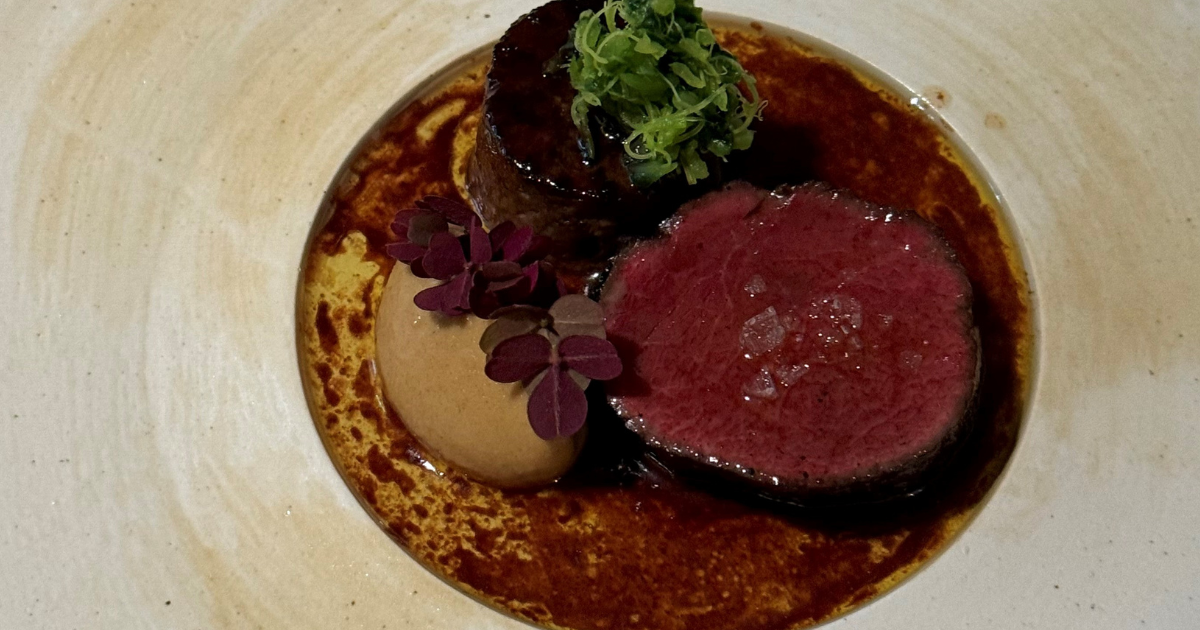
- Roast saddle of red deer with pickling sauce by Vivek Singh, executive chef at Cinnamon Club
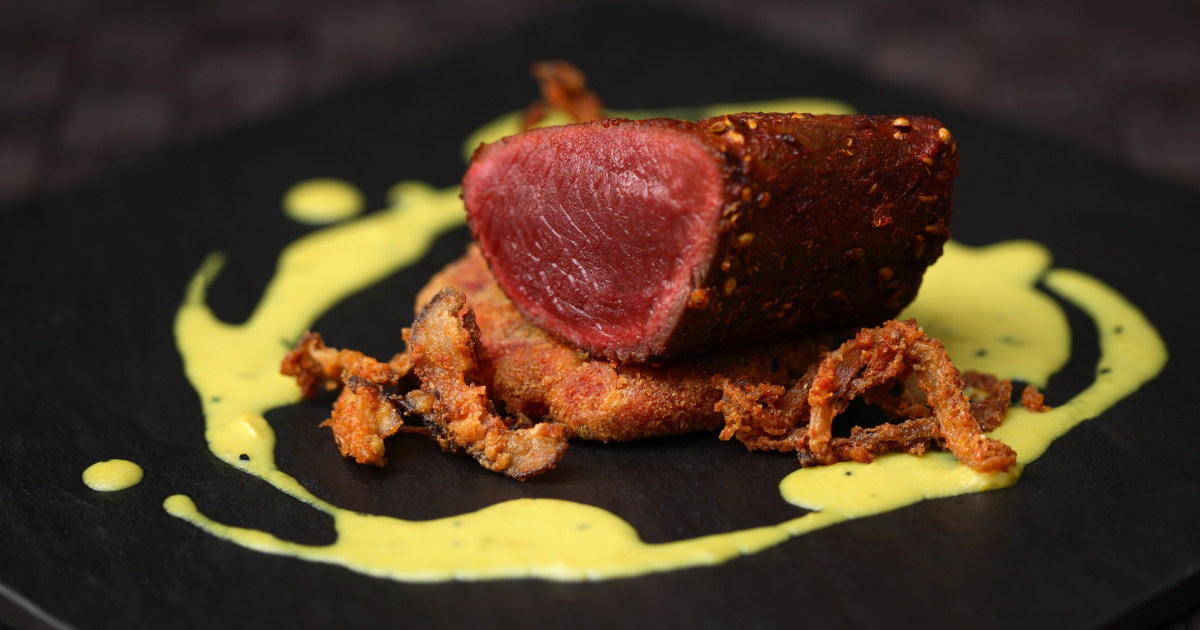
Check out this video with Liam Anderson from Daniel Clifford's two-Michelin-starred Midsummer House -
UK Seafood in January
• In season: Cod, haddock, pollock, hake, turbot, plaice, oysters, scallops, mussels.
Recipe links:
- Newlyn cod with Porthilly oyster and organic brassicas by Nathan Cornwell, head chef at Silver Birch in Chiswick
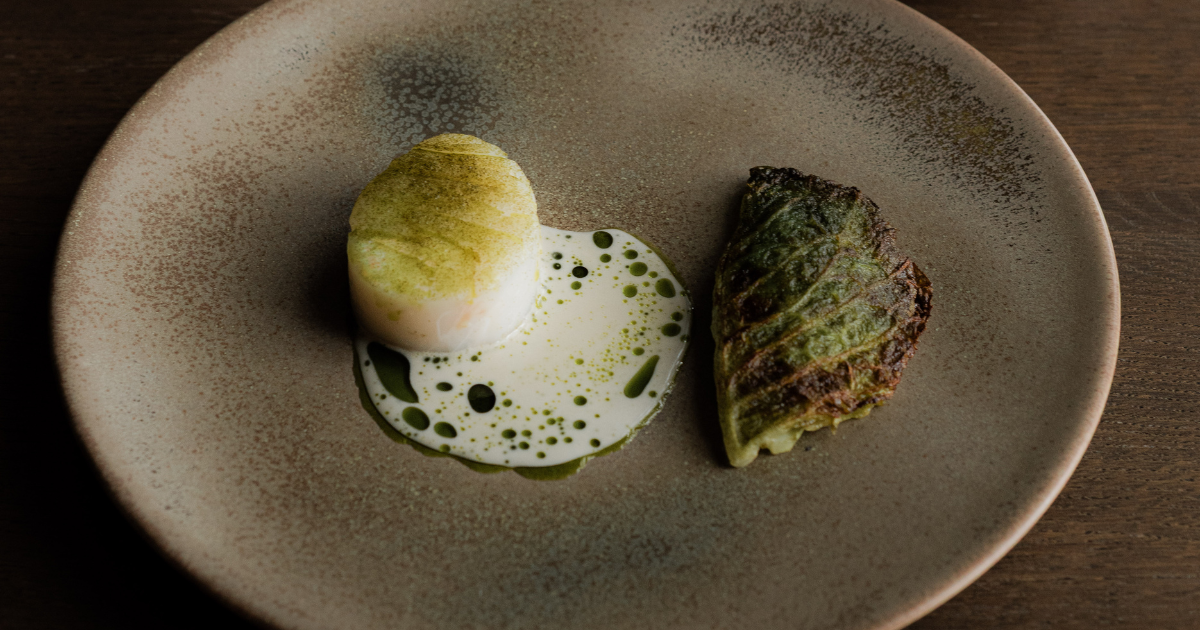
- Steamed cod, lobster bisque ‘tom yum’ fennel and garden herbs by Adam Degg, chef patron at Fifty Two Rudding Park
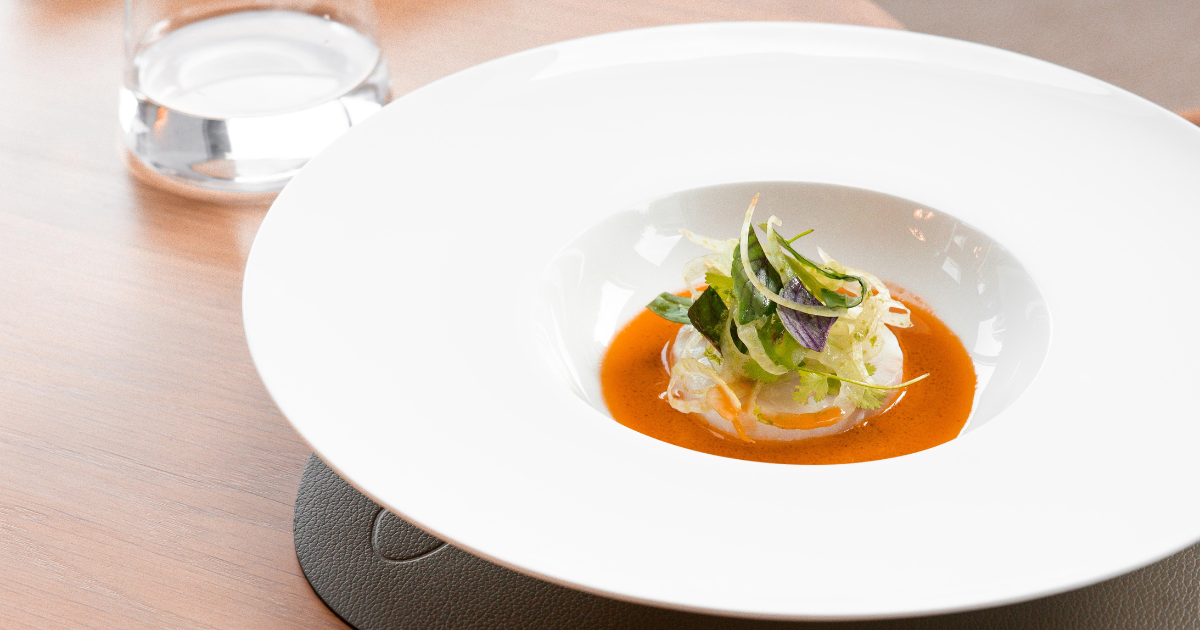
- Cod with squid and kale by Andy Beynon, chef owner at Michelin-starred Behind in Hackney.
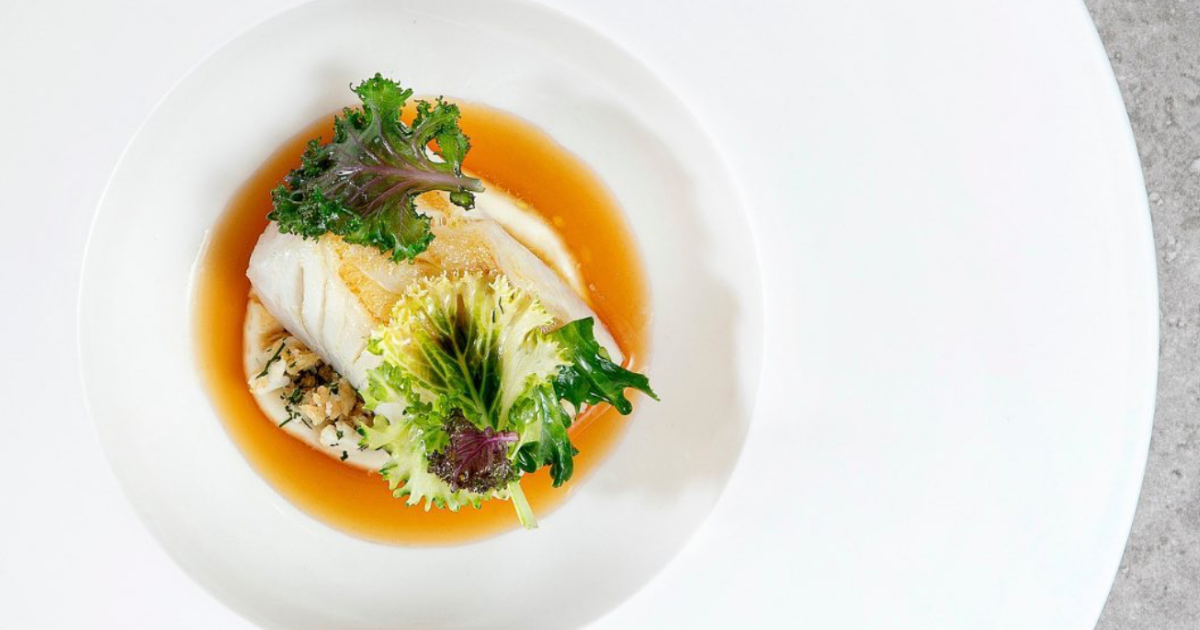
Seasonal Fruit & Vegetables
• Roots: Parsnip, swede, turnip, beetroot, celeriac
• Brassicas: Kale, savoy cabbage, Brussels sprouts, cauliflower.
• Others: Leeks, Jerusalem artichokes, forced rhubarb, apples, pears.
Recipe links:
- Cod with Celeriac, Douglas Fir and Bergamot by Bartholomew Stratfold, executive chef at Timberyard and Montrose in Edinburgh
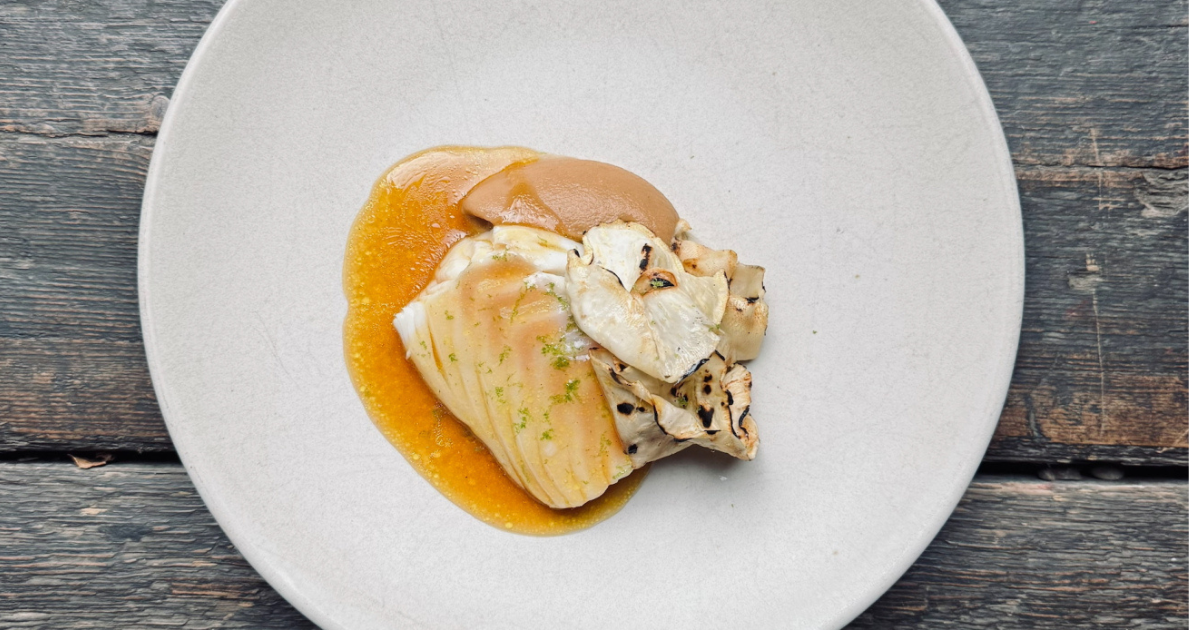
- Salt baked celeriac, celeriac dashi, pickled roscoff onions, lovage oil, fermented celery cream by Adam Degg, chef patron at Fifty Two Rudding Park
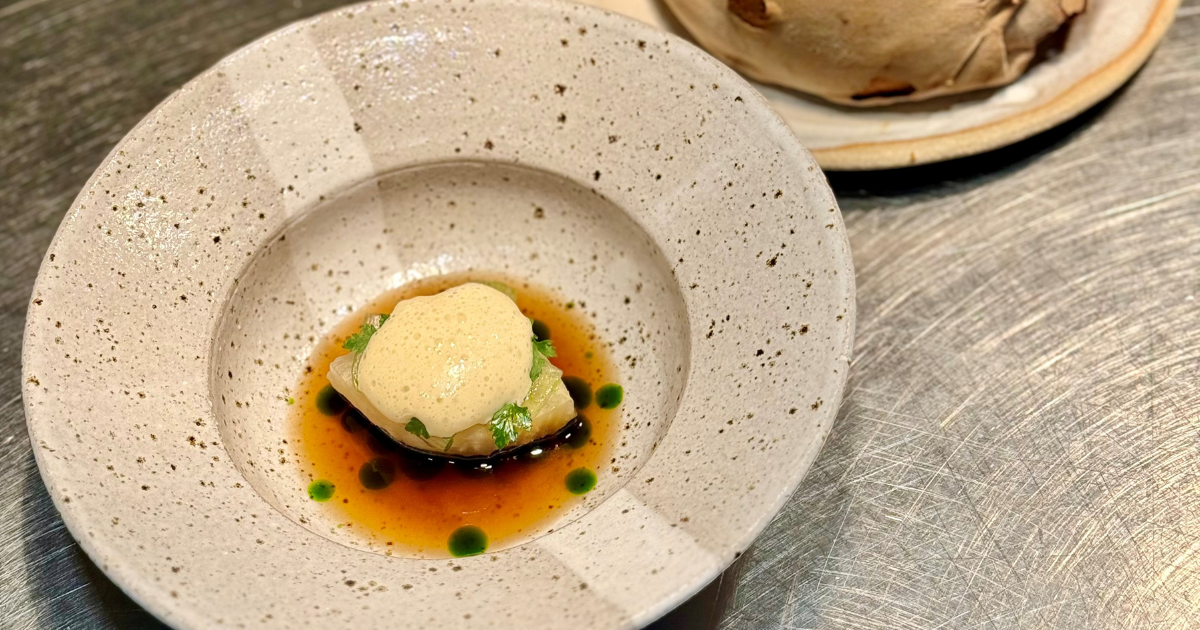
Seasonal Cheese & Dairy
• Stilton, Tunworth, Baron Bigod, Lincolnshire Poacher, Montgomery’s Cheddar.

Wild & Foraged Ingredients
• In season: Wood sorrel, chickweed, oyster mushrooms, velvet shanks, jelly ear, hairy bittercress.
Preservation Ideas
• Pickled red cabbage or beetroot.
• Fermented swede or turnip.
• Spiced apple chutney.
• Forced rhubarb jam.
Baking & Desserts with Seasonal Fruit
• Rhubarb and custard tart
• Spiced pear and almond cake
• Apple tarte Tatin
• Sticky toffee pudding
Check out this recipe video featuring forced rhubarb, from Harry Kirkpatrick at Trinity.
January Market Insight
• Game prices stable post-Christmas.
• Shellfish high in quality but weather-sensitive.
• Forced rhubarb commands a premium early in the month.
• Root vegetables are cost-effective and in abundant supply.
Are you using any seasonal ingredients in your menus? Upload your pics and recipes to our Chef+ mobile app, tag us in on Instagram @thestaffcanteen or email recipes to [email protected] for a chance to be featured on our next seasonal update!


For 17 years, The Staff Canteen has been the meeting place for chefs and hospitality professionals—your stories, your skills, your space.
Every recipe, every video, every news update exists because this community makes it possible.
We’ll never hide content behind a paywall, but we need your help to keep it free.
If The Staff Canteen has inspired you, informed you, or simply made you smile, chip in £3—less than a coffee—to keep this space thriving.
Together, we keep the industry connected. Together, we move forward.













